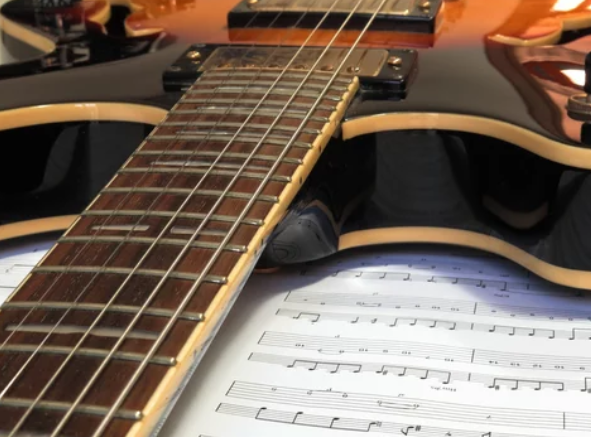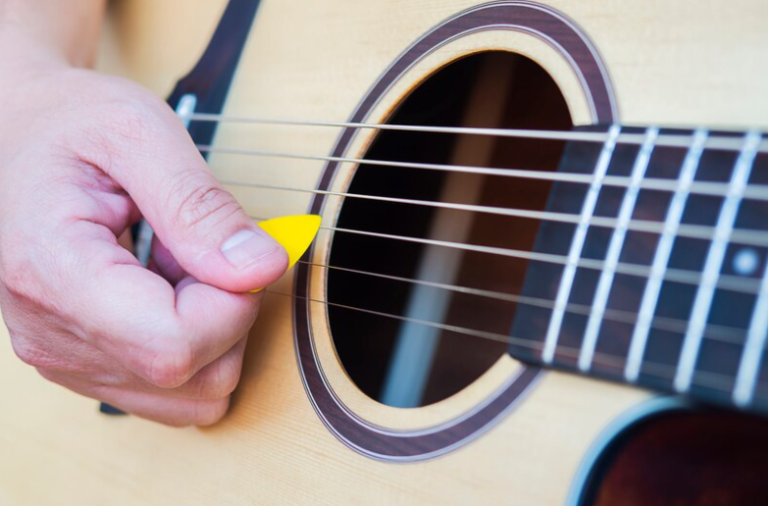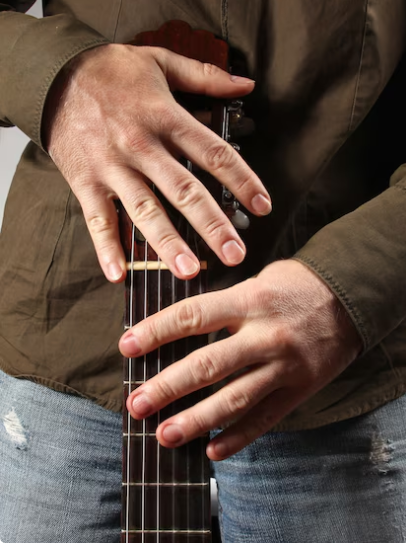How to Practice and Learn Guitar Scales The Right Way ( Easy )
Learning guitar scales is one of the most important steps in mastering the instrument. Scales serve as the foundation for improvisation, songwriting, and understanding music theory. However, many beginners find practicing scales to be monotonous or confusing. As a music teacher, I’ve seen countless students struggle with this aspect of learning guitar. But with the right approach, practicing guitar scales can become not only manageable but also enjoyable and deeply rewarding. Here’s a guide to help you practice and learn guitar scales effectively.
1. Understand the Importance of Guitar Scales
Before diving into practice, it’s crucial to understand why guitar scales are important. Scales are the building blocks of music, providing the framework for melodies, chords, and solos. They help you understand key signatures, improve finger strength and dexterity, and enhance your ability to play by ear. Recognizing their significance will give you the motivation to practice regularly.
2. Start with the Basics
If you’re new to guitar scales, start with the major and minor scales. The major scale is often considered the “happiest” sounding scale, while the minor scale has a more “melancholic” tone. Begin by learning the C major scale and A minor scale, as they have no sharps or flats, making them easier to memorize and play.
3. Use the Correct Fingering
Proper fingering is essential when practicing scales. Start slowly, ensuring that each finger is placed correctly on the fretboard. For example, when playing the C major scale, assign each finger to a specific fret, and keep your thumb behind the neck for support. Practicing scales with correct fingering will improve your technique and help you play more efficiently.
4. Practice with a Metronome
Timing is everything in music. Practicing scales with a metronome helps you develop a sense of rhythm and timing. Start at a slow tempo, ensuring that each note is clear and precise. Gradually increase the speed as you become more comfortable. This method not only helps with speed but also ensures that you’re playing each note evenly.
5. Learn the Scale Patterns
Guitar scales can be played in different positions on the fretboard. Learning these patterns will allow you to play scales all over the guitar neck, giving you more versatility. Start with the open position scales, then move on to the five main scale patterns, commonly known as the CAGED system. This system breaks down the fretboard into five manageable sections, making it easier to navigate.
6. Incorporate Scales into Your Playing
One of the best ways to learn guitar scales is to incorporate them into your playing. Use scales to create melodies, riffs, and solos. For example, you can try improvising over a backing track using the pentatonic scale. This will help you see the practical applications of scales in real music, making your practice sessions more engaging and fun.
7. Focus on One Scale at a Time
It’s tempting to try and learn multiple guitar scales at once, but this can be overwhelming. Instead, focus on mastering one scale at a time. Spend a week or two on a single scale, practicing it in different positions, keys, and tempos. Once you’re comfortable, move on to the next scale. This focused approach will help you retain information better.
8. Practice with Purpose
Mindless repetition won’t get you far. Each practice session should have a clear goal. Whether it’s improving your speed, mastering a new guitar scale pattern, or integrating scales into your improvisation, having a purpose will keep you focused and motivated. Set small, achievable goals for each session to track your progress.
9. Use Backing Tracks and Play Along with Songs
Practicing guitar scales with backing tracks or playing along with songs can make your practice sessions more enjoyable. It allows you to hear how scales fit into the context of a song and improves your ability to play in key. There are many online resources where you can find backing tracks in various keys and styles.
10. Stay Consistent
Consistency is key to mastering guitar scales. It’s better to practice for 15 minutes every day than for two hours once a week. Regular, focused practice helps reinforce muscle memory and ensures steady progress. Make scale practice a part of your daily routine, and over time, you’ll notice significant improvement.
Final Thoughts
Learning guitar scales effectively is all about patience, persistence, and purposeful practice. By starting with the basics, using proper technique, and incorporating scales into your playing, you’ll not only improve your technical skills but also enhance your overall musicianship. Remember, the journey to mastering scales is a marathon, not a sprint. Stay consistent, and soon, you’ll see the fruits of your labor in your playing. Happy practicing!
If you’re interested in learning an instrument, at Real Brave, we offer an incredible experience like no other place in music lessons for kids and adults by guiding them from the beginning stages of getting to know an instrument all the way through performing for family and friends on stage. Our instructors come from all over the world, bringing extensive experience on a wide range of instruments. Click below and book a free lesson with us!
Author: Daniel Powers Jr, the founder of Real Brave™, serves as the chief inspiration to thousands of students in the Real Brave music instruction program. He’s also the visionary behind PracticePad™, an online platform for live one-on-one online music lessons, lesson tracking, and scheduling. Beyond his entrepreneurial pursuits, Daniel leads a non-profit organization that provides formerly homeless children with access to music education, making a profound impact on their lives. His unwavering dedication to music, innovation, and education continues to inspire individuals to reach their fullest potential while creating positive change in communities. Follow Real Brave on all the socials:
Find us on Instagram: https://www.instagram.com/realbraveaudio/
Find us on Youtube: https://www.youtube.com/@realbraveinc







